Front Line Warrior

Abhijit Biswas
freelance trainer and education consultant
Abhijit Biswas is a freelance trainer and education consultant. Currently pursuing his diploma in Governance from Tata Institute of Social Science. Over the years he has worked with various school leaders across the country and supported them to solve some of the most complex problem. He is known for his high energetic and innovative methodologies. His journey in education development sector started as a fellow with Teach For India.
In this article, we are going to focus on how changes in the society led to changes in teaching methodologies and practices. The paradigm shift ir curriculum and the practice was the result of demand which arose in the market due to the shift in the society.
“Education” has always been a key indicator for the growth of any geographical arena. It has always been a great tool to shape the perspective of any society. This powerful tool has always been moulded and ‘shaped time to time due to the continuous changing nature of the society. Factors like socio-political, economical, ethnic, faith and believe systems of the community were directly responsible for the evolution of the educational structure, pattern and most important it always gave rise to a new pedagogy.
A quick glance on few hundred centuries could give us a panoramic view on how the societal change were responsible for the change in what we teach and how we teach. To make things easy and simple I have largely divided the teaching methodologies into 4 different categories based on the timeline:
1. The Hunting Era
2. The Machine Era
3. The Super Machine Era
4. The Global Era
The Hunting Era
In this era the prime need of the society was to survive. The focus was survival. The basic idea was to train the next generation on the most important factors like gathering food, building shelters, identifying medicinal plants and building 4 strong defence for the community. The teachers were either community headman cr some efficacious warrior or might be a proficient hunter. There were no formal schools ar any distinct method, every teachers had their unique way to teach their pupil This method started to degrade with the invention of tools and machines.
The Machine Era
The invention of small tools by early man was the beginning of a new era. Later, the invention of wheel and agriculture and farther after many centuries later, human mind was able to transform the small micro tools to giant machines, giving birth to factories. Now, survival was no longer the biggest priority, this time it was wealth. The rise of this new philosophy of wealth changed &bought a new need in the market. The demand was not of an individual who can hunt from a jungle but someone who can operate a machine effectively. Th’s new need changed the education structures and methods. Unlike, the previous era now we have schools with uniform infrastructure across the countries and the teachers have a prescribed curriculum with selected -.objects to be taught within a fixed time frame. Things took a new turn once computers we’e in the market.
The Super Machine Era
The beginning of the computer era bought in new need ir the society and once again it effected the way we teach. Now, the economic growth was moving much more robustly than ever before. The society now needed a new breed of people who can effectively run and operate institutions/organizations with the help of this super machine. No longer was it a question of survival or long tiring hours of handwork in factories, this time the priority is people who can understand technology and can use them. However even this era started waning with the explosion of internet.
The Global Era
The age of inter-connections through a network of super-machines bulldozed many traditional approach in the economic, political and educational framework. Information were no longer hidden in the treasure chest of the intellectuals or scholars but now it’s open in a virtual platform for everyone to access it. Last two decades bought more changes in our lifestyle as compared to last 100 years. We all have witnessed that the fast paced dynamic global change. Though this era is at the peak of its economic growth and innovation in the history of mankind but we are also witnessing to the key developmental crisis happening around us. Limited resources, diminishing fossil fuels, global warming, lack of clean drinking water, rise of nuclear power, drug and human trafficking, communal tensions, terrorism etc. Now, the big question is what kind of people does our society need today? And how will it bring a new shift in our educational methodologies.
We need a new generation who genuinely cares about each other, who will be adaptable to the changing nature of our community, innovative, creative and empathetic, unbiased, non-judgemental open-minded and the most important this new breed will enable the super powerful technology to build a new framework where a balance lifestyle will allow all the members of the ecology to survive among each other.
“It takes a village to raise a child” is an African proverb which rightly explains the need for society to intervene in educating a child however the key responsibility of such an aspiration objective lies in the hands of our Front Line Warriors the key stakeholder or the game changer for any educational paradigm shift is our “TEACHERS”. The teaching community will transform the great vision into action | hope all our teachers will observe and understand this paradigm shift and will take a conscious effort to give their best.




